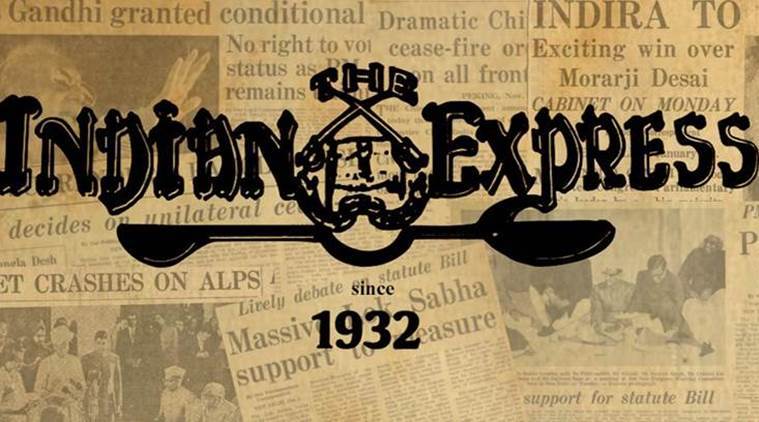Beyond MSPs
Agrarian crisis — of surpluses — is not amenable to traditional political fixes. Government must recognise this.

India’s agrarian crisis today — one of surpluses in most farm commodities — isn’t amenable to traditional political fixes, such as announcing MSPs that may be fair and remunerative to farmers, but are divorced from market realities.
A day before Friday’s no-confidence motion in Parliament, the BJP-led government in Maharashtra fixed a minimum Rs 25-per-litre price for milk procured from farmers in the state. This, when most dairies are reportedly paying Rs 17-20 a litre, which is all they can afford at current sale realisations from skimmed milk powder (SMP). To enable them to pay its mandated price of Rs 25/litre, the Maharashtra government has announced a Rs 5-per-litre subsidy on the surplus milk that is converted into SMP. The scheme — a response to a state-wide stir by farmers, who have seen milk procurement prices slide from Rs 25-28 a litre a year ago — is doomed to failure on two counts.
First, it doesn’t address the roots of the problem, which have to do with excess SMP stocks with dairies. The subsidy now being extended will only result in more SMP output, adding to the stocks and further depressing realisations. Secondly, the real “flush’ season for milk is after October, when production by animals goes up due to improved fodder and water availability, along with reduced temperature and humidity levels. How is the Maharashtra government going to deal with the surplus situation, which will be far greater then? In fact, not only Maharashtra, even other major milk producers — be it Gujarat, Karnataka or Rajasthan — will face this problem. And it’s not just milk. In sugar, too, mills are expected to start the 2018-19 crushing season from October with record opening stocks — and, on top of it, the prospect of production hitting a new all-time-high. There, again, the impact would be felt largely in Maharashtra and Uttar Pradesh, both BJP-ruled states.
India’s agrarian crisis today — one of surpluses in most farm commodities — isn’t amenable to traditional political fixes, such as announcing MSPs that may be fair and remunerative to farmers, but are divorced from market realities. Ensuring that farmers get these prices will not be easy, whether it is in milk and sugarcane or even a host of kharif crops due for market arrivals just over two months from now. That could portend trouble for the Narendra Modi government, which has been seeking to project a pro-farmer image ahead of the elections not too far away. But market-distorting MSPs and subsidies or loan waivers aren’t the best way to help farmers. What they need primarily is income support, which is better done through a flat per-acre subsidy not specific to any crop or production-linked. This should be accompanied by scrapping the Essential Commodities Act, a legislation crafted for wartime shortages. Modi may do well to announce it in his Independence Day address, whose effect on “sentiment” in the commodity markets would be no less dramatic.
For all the latest Opinion News, download Indian Express App






































No hay comentarios:
Publicar un comentario